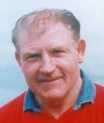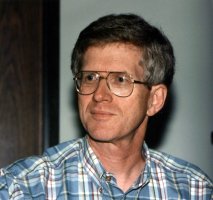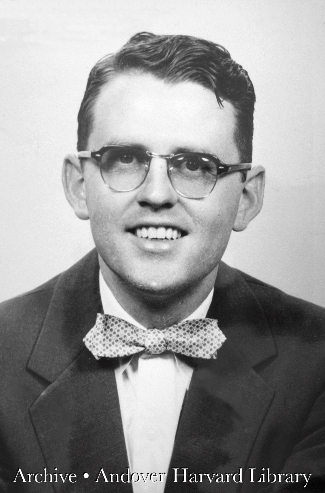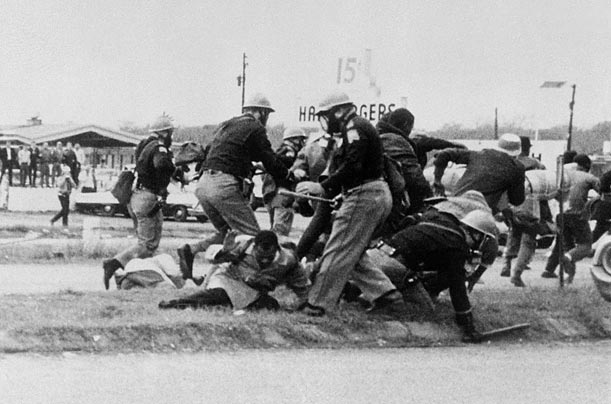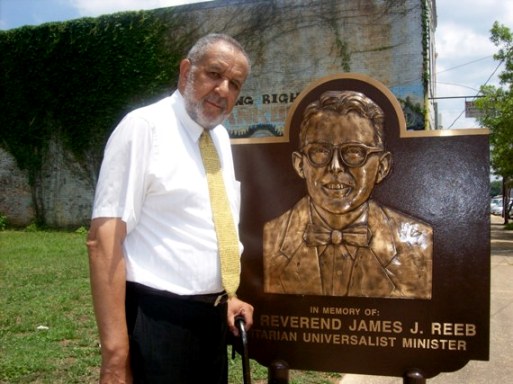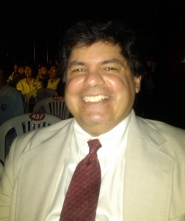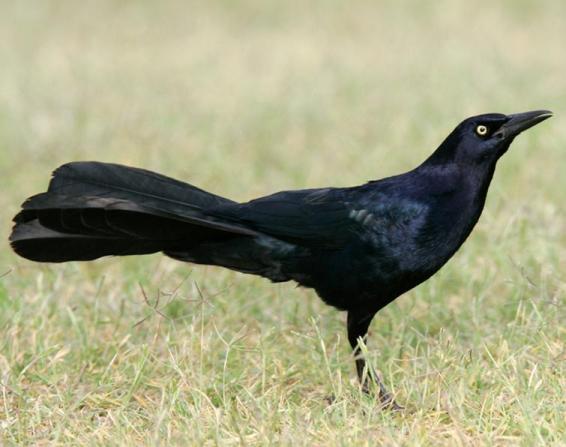THE BEGINNING
Once upon a time, long ago there was a small bear born in a cave deep
within the great forest. Miria and Randi of the
great forest were the parents to the little bear, and had not yet named
him. Not being able to decide upon a name for the
little bear, they had decided to call upon the elders of the forest to
help in naming him.
So Randi called a meeting of the Elders within the forest walls.
There were birds, elk, squirrels, foxes, deer and at least one
of all the other forest creatures present for this calling of the Elders.
Elders of the forest gathered in the center of a large circle, and the
younger members sat beyond the circle so they could
listen to the elders speak. Randi the bear spoke of his new son, and
told of how he seemed to be special in ways and
words, and his thoughts on how the animals of the forest should name the
little bear.
Miria soon appeared with the small cub in her arms, and the Elders
each in turn approached him. The little bear never
flinched or moved during this strange ritual. The Elders were very
impressed, for the little bear held their eyes and gave
an impression of knowledge beyond his years.
The oldest of the Elders stood as Miria was being seated and said, "I
have thought upon this matter and feel that this new
member of the forest shall one day bring wisdom and leadership,
therefore, we shall carefully name him." And as the other
Elders nodded in agreement, he said, "We shall wait for the naming of
this cub, and watch him grow. He will show us by act
and deed the name we shall use!"
As the weeks went by the little bear cub grew and played within the
cave. One day as he played, his father said "I must begin the journey of
Spring once again, for I have seen the robins near and heard the river frogs singing."
The little bear became very excited for at last he would venture
beyond the walls of the cave into the forest. Miria,
watching the excited cub, hoped that soon they would name her special
child, for he was now going to be out and
about with other small forest creatures, and she knew they would all have
names to be spoken.
Soon the day came for Randi and the little cub to go out. As the
little cub entered the world beyond his cave, a sight like
none he could image met his eyes. Large trees lined the forest walls,
tall as the eyes could see, and colors of every
mention lined the ground.
Randi laughed at his sons wonderment and said, "Come my son, there is much to see this day."
So Randi and the little cub started their journey through the
forest
lands. As they walked Randi told the little bear about the things he was
seeing. He told of the big trees and how they supplied some of the
smaller animals with homes, bearing fruit for many, and giving shelter
and shade also. He named the pretty flowers, and told how they helped
animals to tell the seasons.
Randi and the cub had walked for most of the morning when they came
upon the forest river. Randi told him of the importance
of the river, how it was the main source of food and water for the
entire forest, and that it too gave shelter to many of the
forest animals like the beaver.
Dusk came upon the forest, when Randi and the cub finally made their
way back to the cave to the smell of supper and
fresh brewed tea. After dinner they sat drinking tea when the little
cub asked, "Momma, what am I called? All the
animals I met today are called by a name. I have no name to be called.
Will I ever have a name of my own?"
Miria thought for a moment and answered, "Son, you are a very special
little bear, and we have asked that your name be chosen by the
Elders of the Forest. Just be patient a little longer and soon you, too,
shall have a name of your own."
Days went by and still the Elders of the forest had not set a name for
the little bear. Randi went out one day and asked the
Elders. "My son feels out of place, and I must ask, have you chosen a
name?"
On the same day, the bear cub had gone into the forest to play. While
he was playing, a small group of children from the forest
appeared. At first the little cub was afraid for he knew not what to say
or do in the presence of so many different creatures.
One of the animals stepped out of the crowd and said, "Hi, I am Jimmy
the Rabbit, this is Banjo the Fox, and Ace the 'Coon. Sitting on the log are
Chuck the Woodchuck, and Blossom the Possum. Above you in the trees you will
see Fanny the
Robin, and Nibbles the Squirrel . Over there is Beaver Joe and Shantey
the Groundhog. May we ask who you are?"
"I have no name," said the little cub, "for I am waiting to be named
by the Elders of the Forest, and as of yet they have
not given me one. Just call me cub bear till then."
"Come play with us cub bear, and we will show you some games," said
Ace the 'Coon. Off they went yelling and romping
in the fresh meadow grass. On and on they played - each game more fun
than the other. The little bear had so much fun
and made so many friends, he thought of how lucky he had been this day.
As the days wore on, the small animals of the forest found that no
matter how daring the game, or how dangerous the play,
the little cub would always be first to start the game. So Banjo started
calling the little cub 'Ollie' for he found the name
fit somehow.
On one daring game when it came to be the cub's turn, the animals yelled,
"Come on, Ollie, we dare." On and
on they yelled, until 'Ollie-Dare' just became their name for the little
bear.
Soon it was time for each to return home, and as they went their
separate ways, you could hear from everywhere,
"See ya,
Ollie-Dare."
"Bye, Ollie-Dare."
"Come play
tomorrow, Ollie-Dare."
The little bear entered the cave smiling, filled with all the tales of
how much fun he had with his new friends, and their
games. "Mother," he said, "I now have a name! I am called Ollie-Dare, we
must visit the Elders and tell them."
Miria,
worried, started off for the Elders camp.
Miria and the cub came upon the Elders and Randi sitting by the great
Elms near the forest edge. As they entered Randi
rose in alarm. "Wife, is something wrong that you seek me?"
"No,"
answered Miria, "but I think you and the Elders should
hear of your son's day."
The little bear held his head high and went to the center of the
Elders Circle. He began telling them of his day, and how the
small animals of the forest had given him a name. After he had told
them his story, he sat down and waited as they
talked among themselves.
The Eldest of the Elders soon stood and announced, "Thus is the name we
shall call the little bear, for wisdom is as the
children speak. He shall be called Ollie-Dare."
Cheers could be heard throughout the forest late until the early
morning hours. For through the forest the story of how the
little bear had received his name was told.
This tale would be told for many years to come, for this is the beginning
of Ollie-Dare the Wise Old Bear."
©2002 Rebecca Morris
Watch for the next chapter in May !
Click on author's byline for bio and list of other works published by Pencil Stubs Online.









